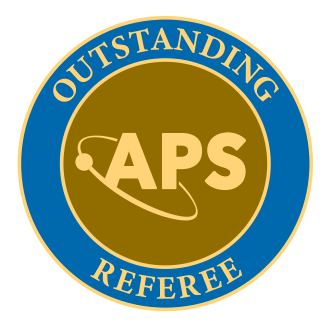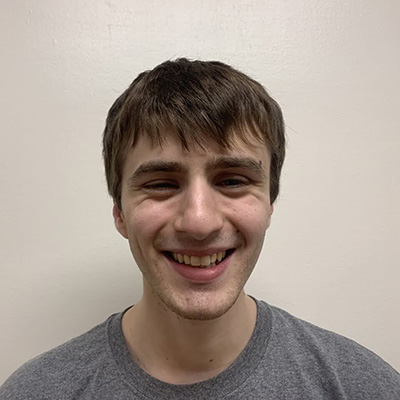
Writer/director Misha Chowdhury and his mother, Bulbul Chakraborty, the Enid and Nate Ancell Professor of Physics and Division Head, Sciences, School of Arts and Sciences, have collaborated on a concert featuring Bangla music and the science of sand. The performance memoir titled “RHEOLOGY: In Concert” is part of the Lincoln Center’s Summer for the City India Week series.
“RHEOLOGY: In Concert” will be presented on July 14 at 5:00 PM at the Lincoln Center in New York City.
Rheology is the study of the flow of matter and a focus of Chakraborty’s research. “RHEOLOGY: In Concert” combines this science with another of Chakraborty’s loves – the songs of Bengali composer Rabindranath Tagore. This concert production blends reimagined Tagore compositions with the science of rheology.







